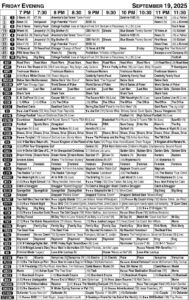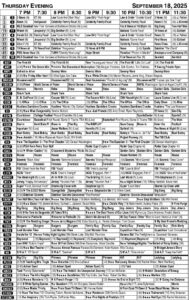To Your Good Health: Weighted vests good for intense workout?
DEAR DR. ROACH: I see people walking everywhere with weighted vests. Is this a good idea for exercise?
— M.B.W.
ANSWER: In my opinion, there are plusses and minuses about a weighted vest. On the good side, they increase the intensity of workouts and activate muscles that don’t ordinarily get much exertion during a walk. The abdominal and back muscles in particular can get a better workout with a weighted vest. There is more cardiovascular benefits as well. An additional benefit is enhanced bone strength.
On the downside, there is a greater risk for injury, especially if a person uses too much weight too quickly. This is particularly the case for back injuries. Weighted vests are probably not appropriate for people with structural back issues (such as scoliosis) or those with a history of disc problems.
More intense workouts are generally associated with a higher performance, but you don’t need a weighted vest to get a more intense workout. Walk on hills instead of flat areas, or increase your walking speeds. You can also walk for a little longer.
DEAR DR. ROACH: Am I still at risk for narrow angle glaucoma if I take Zoloft? I got a laser peripheral iridotomy (LPI) years ago, and my ophthalmologist says that it’s still intact and open.
— S.S.
ANSWER: The fluid made in the eye, called aqueous humor, flows through the pupil and drains through the anterior chamber angle. People with a narrow angle are at risk for the fluid pressure increasing, which causes glaucoma (damage to the optic nerve). Glaucoma is not the increased pressure; it’s the optic neuropathy that is usually but not always caused by increased intraocular pressure.
People with a narrow angle are often recommended an LPI, which involves creating small laser-drilled holes in the iris. This, in turn, allows the fluid a way to drain even if the angle is closed.
Zoloft, like all SSRI drugs, is associated with a small risk for angle closure. In people with narrow angles, this can precipitate increased pressure and subsequent glaucoma. SSRI antidepressants like Zoloft are not one of the medicines that are most commonly associated with angle closure (cold/allergy medicines and anticholinergic drugs are the most common), but SSRIs are associated with an increased risk of glaucoma.
With an intact LPI, you are at a low risk for developing eye problems with Zoloft, but if you develop any vision changes while on Zoloft, you should still promptly see your eye doctor.


